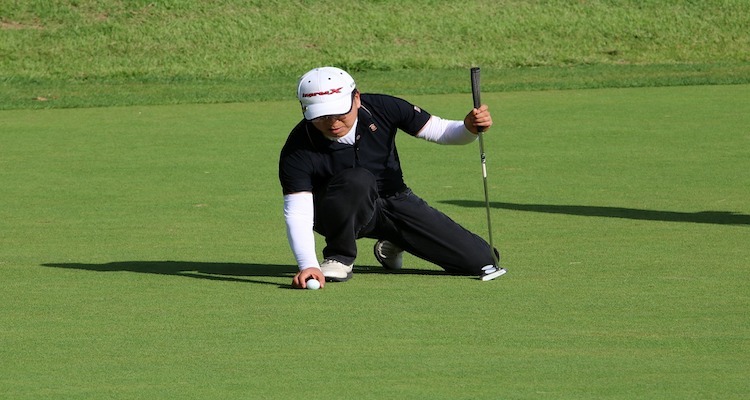
Pre-performance routines in sport refer to a set of specific activities or habits that athletes engage in before a competition or training session. These routines can be unique to each individual and may include physical, mental, and emotional preparation. Key to these routines are the athlete engaging systematically in thought, behaviours or actions before the performance of a specific skill.
Some common elements of pre-performance routines in sport can include:
Pre-performance routines are important for athletes because they help them get into the right mindset and prepare physically and mentally for competition. Simply, engage in relevant thoughts and actions relevant for performance. Some of the ways pre-performance routines can help athletes include:
Overall, a well-established pre-performance routine can help athletes perform at their best by providing structure, reducing anxiety, improving focus, building confidence, and preparing them physically for competition.
If you are interested in understanding more about your psychological approach to sport you may wish to speak with a sport psychology consultant. They can give examples of pre performance routines in sport and to develop a pre performance routine of your own. We have a number of sport psychology consultants who list their services on our directory, along with other sport performance specialists. You can see the full range of people we have on our directory and search for the sport performance specialist you need by location or specialism.
